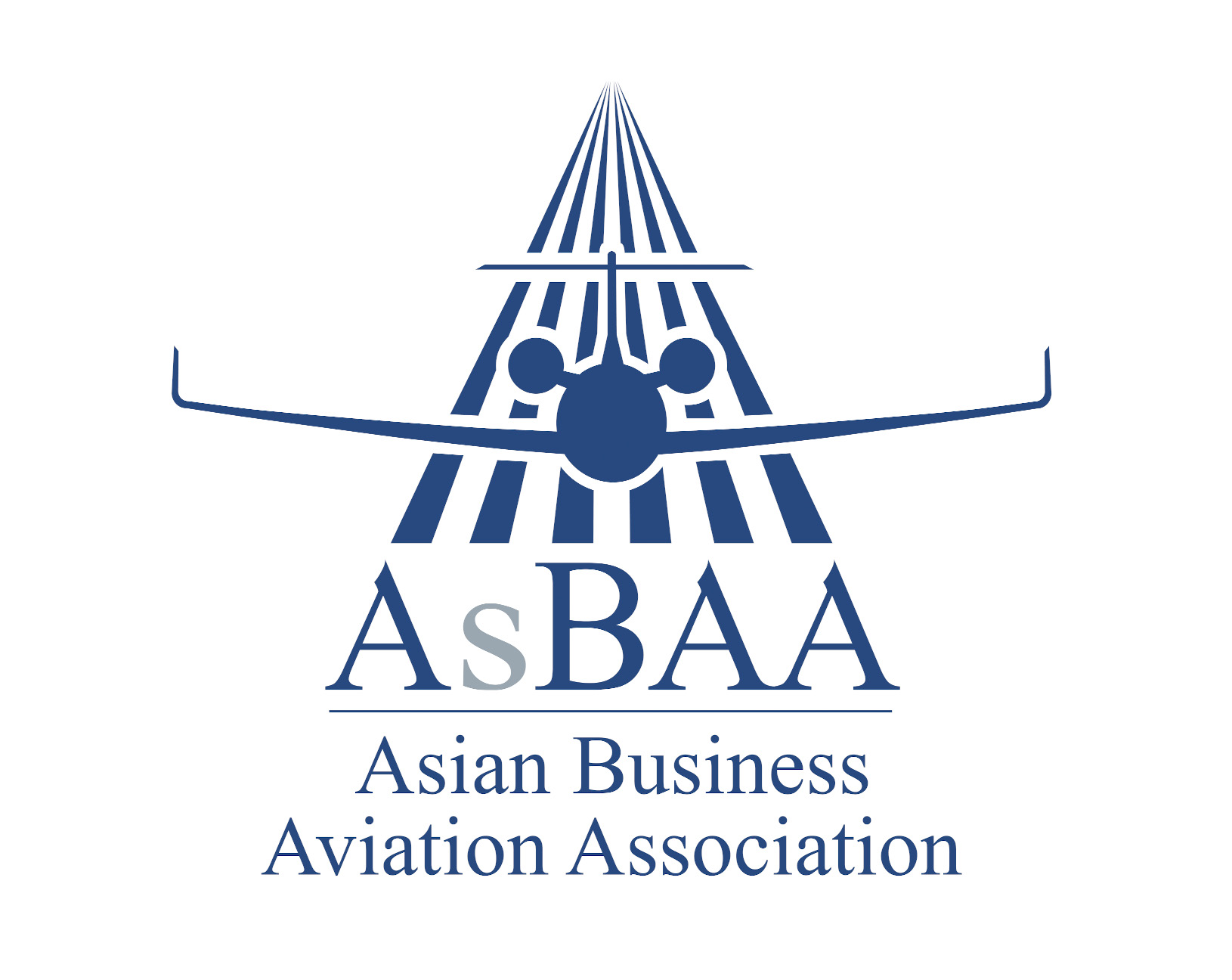ASGVEC Panel Extension - Metrojet Q&A

Gary Dolski, CEO, Metrojet
1. How has Metrojet contended with some of the challenges it faced with maintenance and a greater parked fleet since the pandemic began?
Maintenance has proven to be a challenge. Given that there is no domestic flying in Hong Kong all the service providers have struggled to varied degrees. We have managed okay in Hong Kong mainly servicing our managed fleet of aircraft and have been able to accomplish some heavier base maintenance checks up to an 8C inspection. We have also supplemented the workload by having our CAMO and CRM teams work with the clients and bring forward scheduled calendar checks in accordance with the TLMC (Time Limits and Maintenance Checks) guidelines.
We have introduced a storage programme (in accordance with the manufacturer’s recommendations) which includes anti-corrosion measures and ensures that aircraft are fully serviceable to undertake flights at a moment’s notice.
Our new 7,100-square-meter Metrojet Engineering Clark (MEC) MRO hangar facility in the Philippines, had its “soft” opening in May. We have had some aircraft through to date and are just finalising a “maintenance bubble” at the airport that will facilitate the ease of moving crew to avoid the extended quarantine requirements currently in place. This will definitely open up some new opportunities especially in the parking side of our business. MEC has a private ramp and taxiway, and the hangar itself can accommodate up to 10 long-range business jets. We offer a very competitive hangar parking price for our clients with a varied service offering menu to select from. You can basically park in a brand-new typhoon/earthquake-rated inland facility for less than you pay for parking on the ramp in Hong Kong. A great way to maintain the aircraft asset value and protect it from the corrosive environment found in most areas of the region. MEC is currently a very attractive and cost-effective option for those clients that are doing minimal flying or are considering selling and want a safe and new state-of-the-art facility to protect and show their aircraft.
2. Has Metrojet diversified its service offerings as a result of the pandemic? If so, how?
We have definitely grown our cleaning business this past year which has become a regular undertaking by those that have utilised our services.
We have been working to expand our maintenance footprint as well and will be making an announcement prior to the end of the year.
We are further strengthening our service quality by utilising improved technology tools, such as Portside, a cloud-based data platform provider offering our aircraft management clients a single portal to review integrated finance and trip information regarding their aircraft. We have also introduced Comply365, a platform providing a reliable solution for the automated distribution and management of flight-related documents directly to flight crew EFB’s enhancing safety and security and raising the Metrojet level of service for our clients.
3. With innovative solutions like predictive maintenance, increased digitization, and big data, we will need equally capable human capital to support these services in the future. In your view, is there enough human capital to fill upcoming demand? What is Metrojet doing to help ensure an adequate supply of talents?
We initiated an internship programme this summer supporting one of our core values – sustainability. The programme aims at fostering the young generation and introducing them to our amazing business aviation industry. Four out of the ten local university students worked in our HK MRO facility, and all have expressed their wish to continue their career path with Metrojet after graduation. We will organise the programme again next year in support of becoming the employer of choice within the region.
In addition to the internship programme, we introduced an on-job training programme internally. After nine months’ training, two of our aircraft cleaners transferred to the production team as technicians and an additional two cleaners to a logistics officer and production controller position.
In MEC, we have five junior technicians that have been with us since 2018 and have graduated with a CAAP license. Two have recently become certifying engineers on the Gulfstream G450 and the G650 platforms. We are grooming all of the technicians for their FAA license and they will travel to the USA for exams once the skies open up. We have finalised an OJT programme for six (including four women) recent aeronautical graduate engineers who will be joining us once our maintenance bubble in place.
Metrojet is also active with Women In Aviation Asia (WIAA) and strongly supports the initiative and the development of women to be leaders in our industry.
4. What is Metrojet's outlook for the rest of this year and 2022?
The rest of this year will remain reasonably flat and consistent. Assuming that the travel and quarantine restrictions remain in place and continue to be as dynamic as they have been there will be no significant uptick in our business. I am not overly optimistic on 2022 and though I do believe that the worst is behind us, a global consensus, acceptance, distribution, and most importantly utilisation of the CoVID vaccination is required before any significant positive change will occur.
We will not go back to the dark ages and the corporations and UHNWI and HNWI will continue to want to fly albeit in a safer and more secure environment. There has been and we will continue to see a growth in charter, card, and fractional aircraft usage which will equate to increased maintenance and other management and business opportunities.
